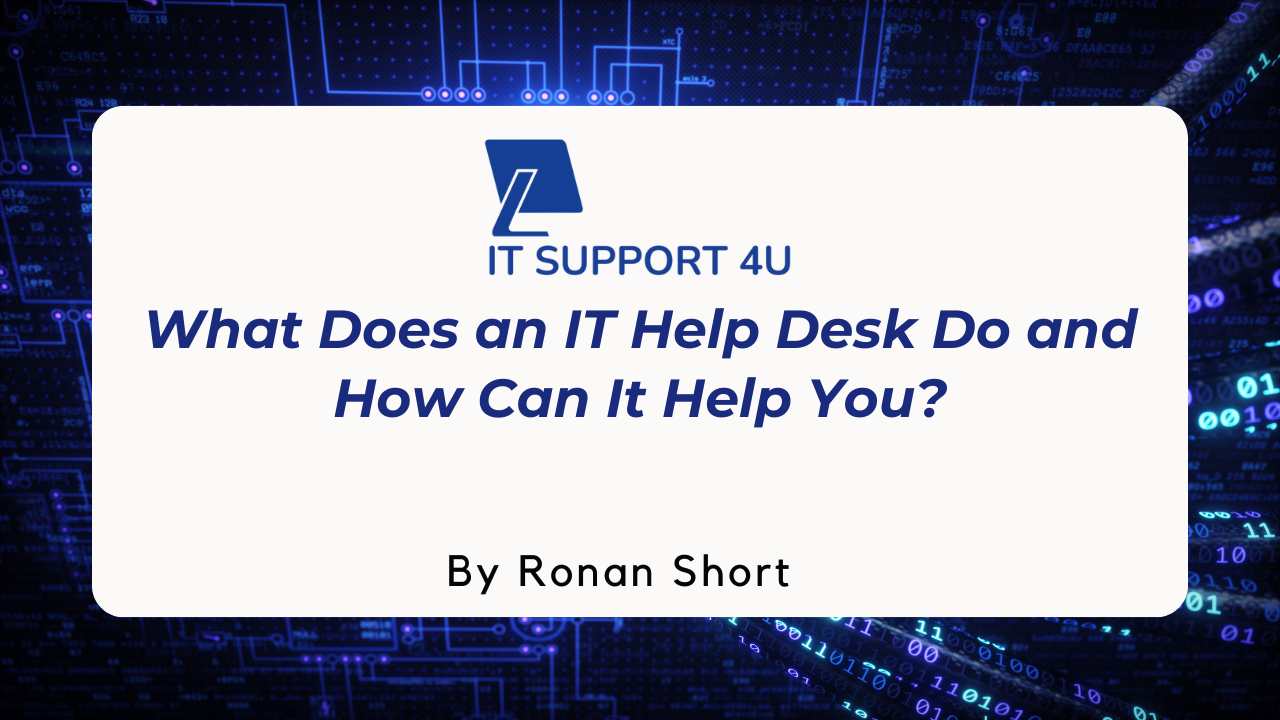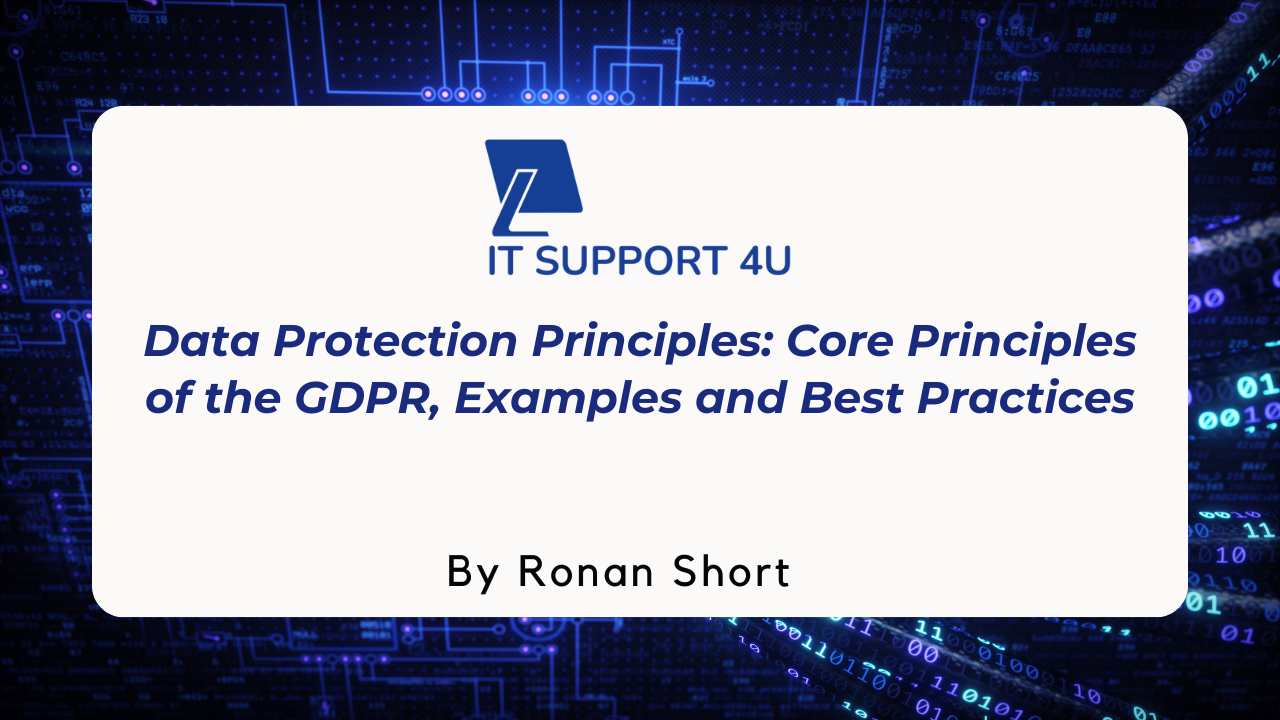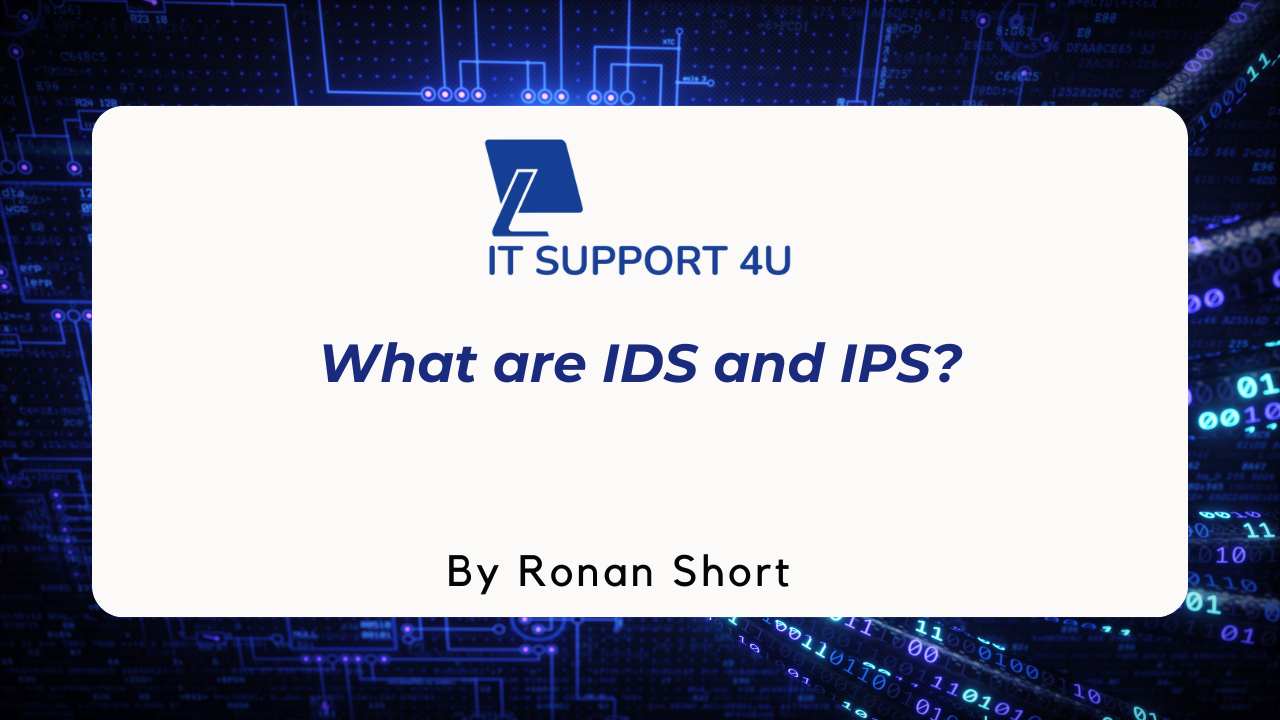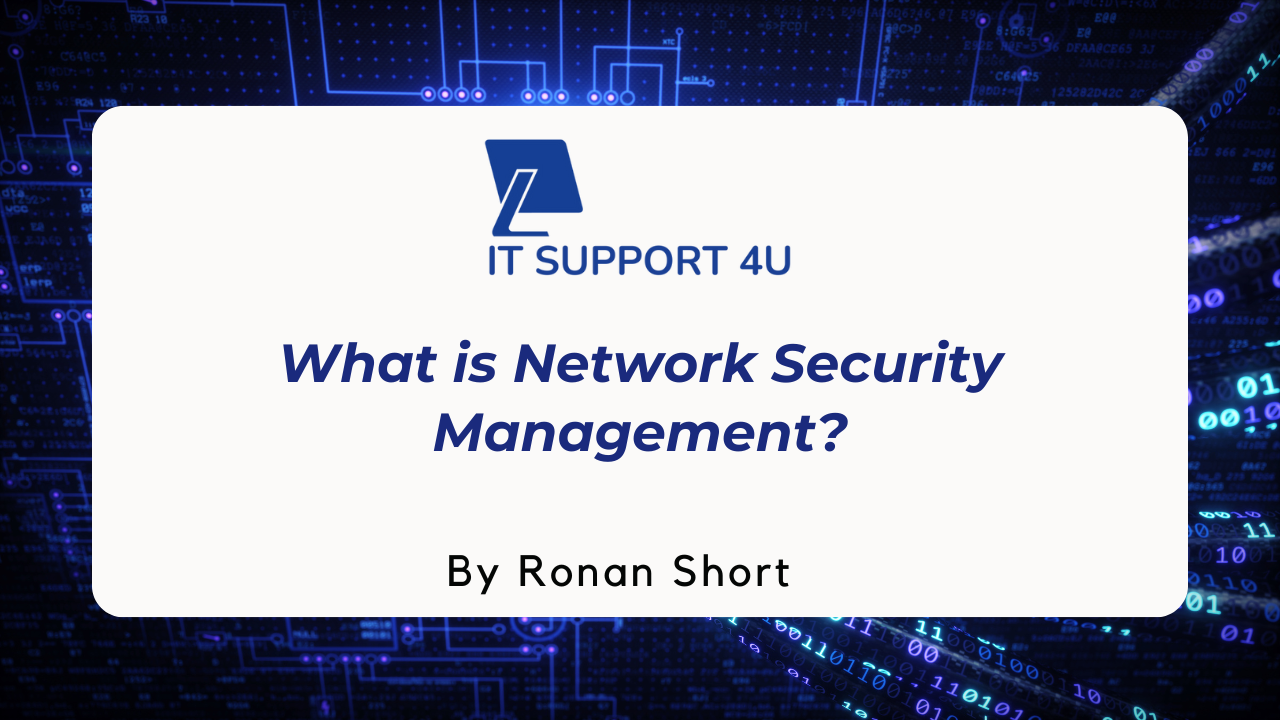In today’s fast-paced digital landscape, businesses constantly search for ways to streamline processes, improve efficiency, and stay ahead of the competition. One powerful solution is embracing cloud technology and leveraging the expertise of Managed Cloud Service Providers (MCSPs).
This comprehensive guide will walk you through the ins and outs of MCSPs, explore the pros and cons of utilising their services, and offer valuable insights on selecting the perfect provider to elevate your business operations.
What is Managed Cloud Service Providers Operate? (MCSP)
Managed Cloud Service Providers (MCSPs) are specialised companies that manage and maintain their clients’ cloud infrastructure and applications. They provide many services, including optimising resources, technical support, integrating workflows, and enhancing security. With the ever-growing demand for cloud services, MCSPs have become essential in the modern business landscape.
Pros of MCSPs
MCSPs offer numerous advantages that can boost your business productivity and efficiency. Here are some key benefits:
Optimising resources
MCSPs ensure optimal utilisation of resources by continuously monitoring and managing your cloud infrastructure. Leveraging their expertise and tools, they help you allocate resources efficiently, reducing waste and unnecessary costs. This proactive approach enables your business to focus on its core competencies while enjoying the benefits of a finely-tuned cloud environment.
Tech support
With expert technical support, MCSPs help you troubleshoot and resolve issues quickly, minimising downtime. They provide round-the-clock assistance and access to a team of skilled professionals who understand the intricacies of cloud technologies. This dedicated support ensures that your business can continue to run smoothly even when faced with unexpected challenges.
Integrating the service workflow
MCSPs streamline and integrate service workflows, creating a seamless and efficient process. They handle the complexities of connecting multiple cloud services and applications, enabling your business to achieve better collaboration and data sharing across different teams. This enhanced integration increases productivity, faster decision-making, and improved overall performance.
Increased flexibility and scalability
MCSPs can scale your cloud infrastructure easily as your business grows. They allow seamless adjustments in response to fluctuating demands, ensuring that your resources match your needs. This flexibility helps your business stay agile, competitive, and adaptable to changing market conditions.
Increased security
Security is a top concern for businesses utilising cloud services. MCSPs employ robust security measures to protect your data and applications from unauthorised access, breaches, and cyberattacks. By continuously monitoring and updating security protocols, they ensure that your cloud environment remains safe and compliant with industry standards.
Improved disaster recovery
MCSPs offer sophisticated disaster recovery solutions that safeguard your business from data loss and service interruptions. They implement strategies such as data replication, backup, and failover systems to ensure that your critical business functions can continue operating despite unforeseen events.
Enhanced customer support: With a dedicated team of professionals, MCSPs deliver exceptional customer support beyond basic troubleshooting. They provide guidance on best practices, offer training resources, and help you develop a comprehensive understanding of your cloud environment. This level of personalised support enables you to get the most out of your cloud investment and ensure long-term success.
Cons of MCSPs
While MCSPs offer numerous benefits, they also come with certain drawbacks that businesses must consider. Here are some potential downsides:
Cloud security and data
Despite the increased security measures implemented by MCSPs, no system is entirely immune to security threats. Storing sensitive data on the cloud can still expose your business to potential breaches and unauthorised access. Furthermore, data privacy regulations may restrict the type of information you can store and share on cloud services, complicating your compliance efforts.
Cloud downtime
While MCSPs strive to maintain optimal performance, cloud downtime can still occur due to technical issues, service disruptions, or cyberattacks. Downtime can negatively impact your business operations, leading to lost productivity and potential revenue losses. When deciding, it is essential to weigh the risk of downtime against the benefits of cloud services.
Limited control
By outsourcing your cloud infrastructure management to an MCSP, you inherently relinquish a degree of control over your environment. This loss of control can result in challenges when it comes to customising and configuring your cloud services to meet your specific business requirements. Additionally, you may face limitations in accessing and managing certain aspects of your infrastructure, which can impact your overall autonomy.
Performance issues while optimisation
As MCSPs optimise resources and consolidate data, temporary performance issues can affect business operations. These issues can result from data migration, application updates, or infrastructure changes. Although these disruptions are typically short-lived, they can still cause inconvenience and frustration for your team.
Too much data in one control
Centralizing your data and applications with an MCSP can lead to overwhelming information under one umbrella. This data overload can make it challenging to locate specific files, manage access permissions, and maintain a clear overview of your cloud environment. Proper organisation and data management strategies are critical to mitigating these challenges.
Lock-in
Vendor lock-in can be a significant concern when working with an MCSP. Become heavily dependent on a particular provider’s services and tools. Switching providers in the future may be difficult without incurring substantial costs and disruptions to your business. Evaluating your options and considering the long-term implications of vendor lock-in before committing to an MCSP.
Dependence on the provider
Outsourcing your cloud management to an MCSP means you become reliant on their expertise and support. This dependence can be a double-edged sword, as it can create vulnerabilities if the provider encounters issues, experiences staff turnover, or goes out of business. Ensuring you choose a stable, reliable MCSP mitigates these risks.
Increased cost
While MCSPs can help optimise your cloud resources and potentially reduce costs, their services come at a price. Depending on the level of support and management you require, these fees can add up and impact your overall IT budget. Carefully consider the costs associated with an MCSP and weigh them against the benefits to determine if the investment is worth it for your business.
Complexity
Implementing and managing cloud services can be a complex process, even with the help of an MCSP. The need to navigate various tools, platforms, and services can be overwhelming and may require additional training for your team. However, this complexity can be mitigated with proper planning, communication, and support from your chosen MCSP.
What to look for in an MCSP?
When selecting the right MCSP for your business, consider the following factors:
Industrial expertise: Choose an MCSP with a proven track record in your industry. Their experience and knowledge will ensure that they understand the unique challenges and requirements your business faces.
Security: Prioritize providers implementing robust security measures to protect your data and applications. Look for MCSPs with strong security certifications, a history of adhering to industry standards, and a commitment to staying up-to-date with the latest security practices.
Trustworthiness: Opt for an MCSP that is transparent, reliable, and demonstrates a commitment to customer satisfaction. Read reviews, seek recommendations, and check their credentials to ensure they have a solid reputation in the industry.
Final Thoughts
Managed Cloud Service Providers (MCSPs) can be valuable for businesses looking to optimise and secure their cloud infrastructure. While there are potential drawbacks to consider, the numerous benefits they provide, such as resource optimisation, tech support, and increased security, often outweigh the risks.
When selecting an MCSP, focus on their industry expertise, security measures, and trustworthiness to ensure you make the right choice for your business. By carefully weighing the pros and cons and choosing a reliable partner, you can elevate your business operations and fully harness the power of the cloud.
Get an IT Plan Today!













